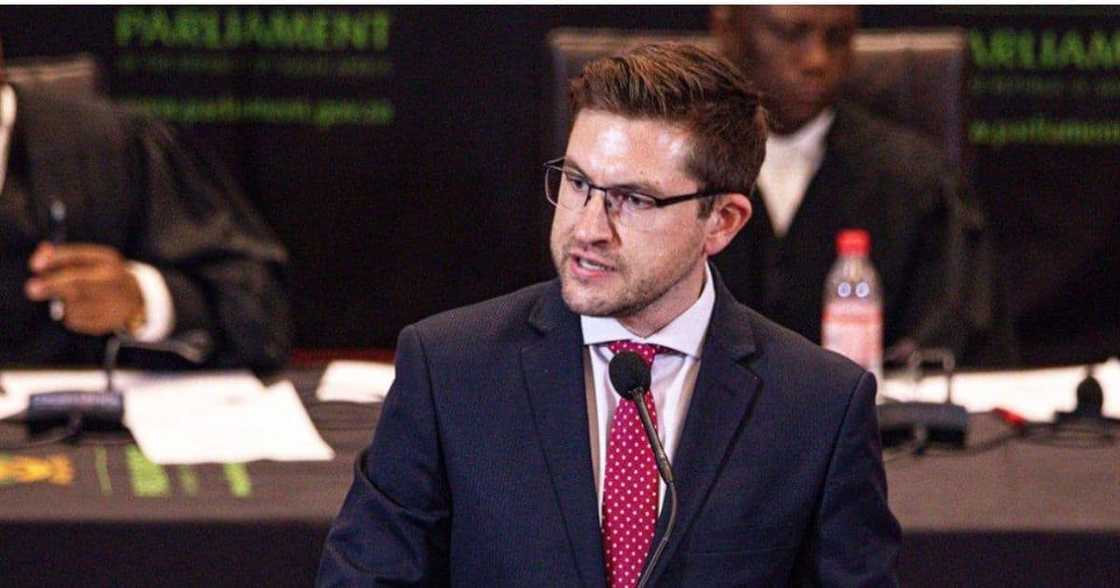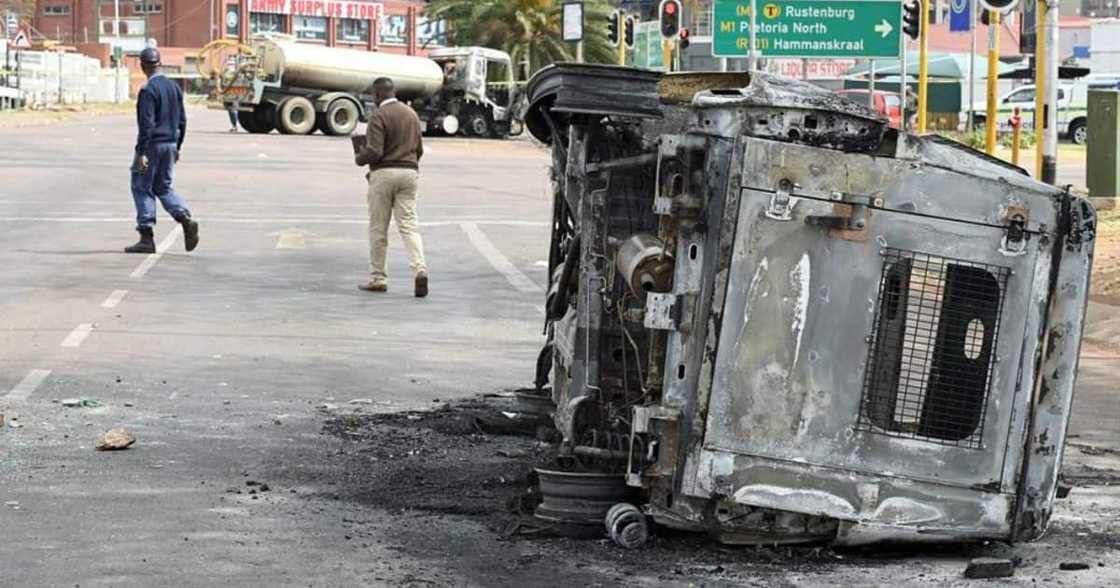DA’S GOVERNANCE IN CRISIS: A PRELUDE TO ELECTORAL RECKONING
As the Democratic Alliance (DA) prepares for upcoming elections, the grim governance record in Tshwane under Mayor Cilliers Brink suggests a party at odds with the needs of its citizens.
Reports from Corruption Watch reveal that Tshwane, along with other metropolitan areas like Cape Town and Johannesburg, also under DA control, accounts for a significant majority of corruption allegations across the nation.
This statistic, part of a broader analysis showing systemic administrative failures, casts a long shadow over the DA's promise of efficient governance and could spell a turning point in the electorate's faith in the party (Independent Online).

Source: UGC
The timing of Mayor Brink’s initiative to address the water crisis in Tshwane raises suspicions about the sincerity of the DA's election promises. As elections draw near, Brink announced the construction of a new water treatment plant in Hammanskraal, a move many perceive as a last-minute attempt to garner voter support.
This project, crucial for the community’s health, is said to be threatened by potential sabotage from vested interests, further complicating an already tumultuous situation (News24).
Chronic mismanagement and public health emergencies
The DA’s tenure in Tshwane has been marked by chronic mismanagement, particularly in handling the city’s water quality issues. The severity of this incompetence was starkly illustrated during a cholera outbreak in Hammanskraal, where 17 people lost their lives.
During a city council meeting, Mayor Brink was challenged by EFF councillors to drink the local water to prove its safety—a challenge he declined. This incident not only highlighted the ongoing water quality crisis but also Brink's reluctance to directly address the concerns of his constituents, casting further doubt on his leadership.

Source: UGC
Beyond the water crisis, Tshwane is grappling with widespread urban disorder, including rampant illegal electricity connections in affluent suburbs. This discovery during a citywide crackdown on unpaid bills points to a deeper governance crisis affecting both high and low-income areas alike.
Mayor Brink’s admission of limited resources to combat rising crime rates further exposes the administration's struggles to maintain control and provide basic services, underscoring a systemic failure that affects all aspects of life in Tshwane, as reported by News24.
In conclusion, the array of crises unfolding under the DA’s watch in Tshwane paints a troubling picture of a party that may be ill-prepared to continue its rule. The evidence of mismanagement, coupled with high levels of corruption and a reactive approach to governance, suggests that the upcoming elections could very well be a referendum on the DA’s ability to lead effectively.
Source: Briefly News

